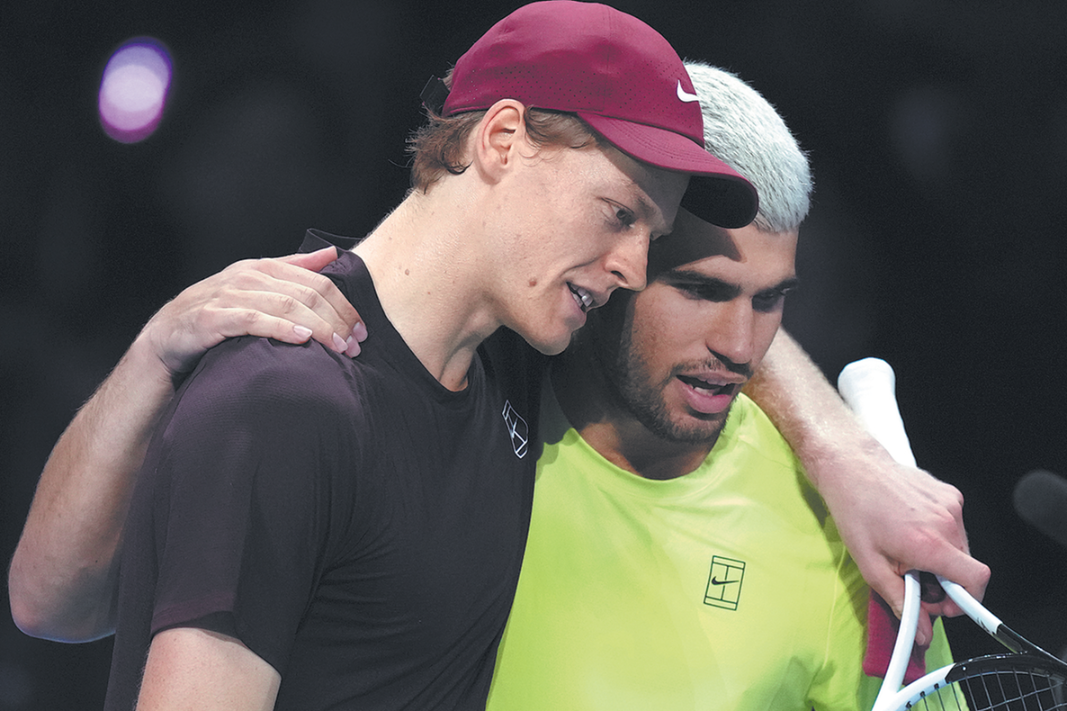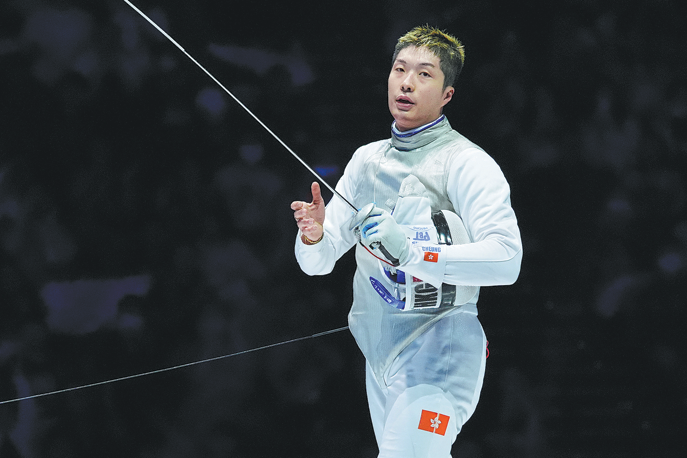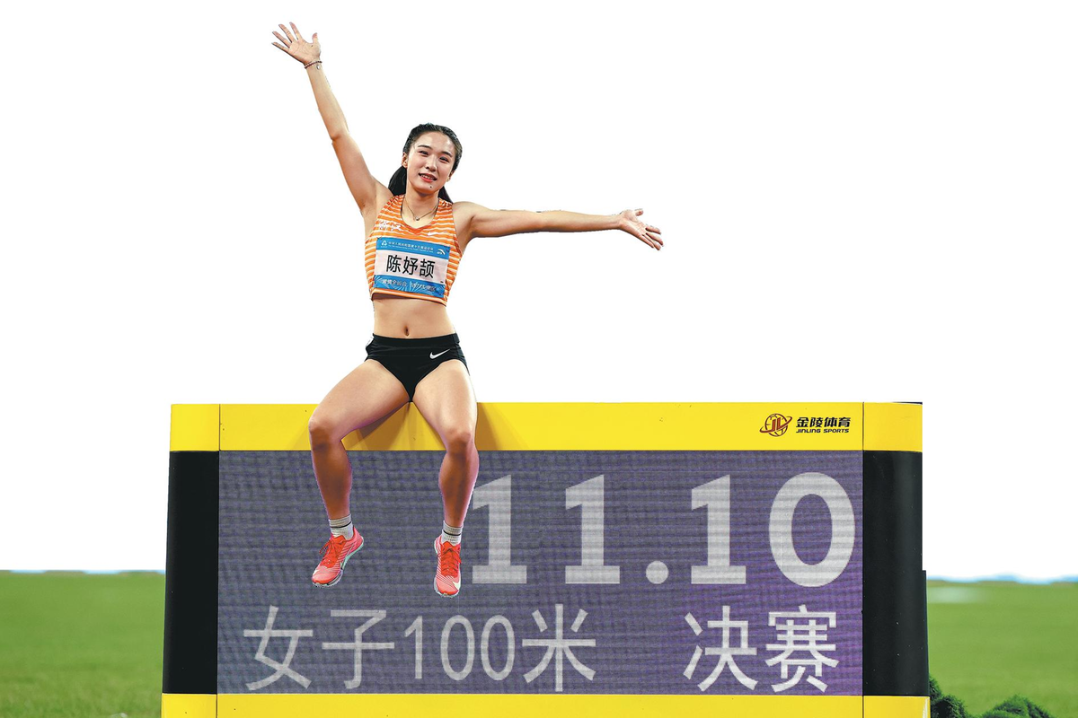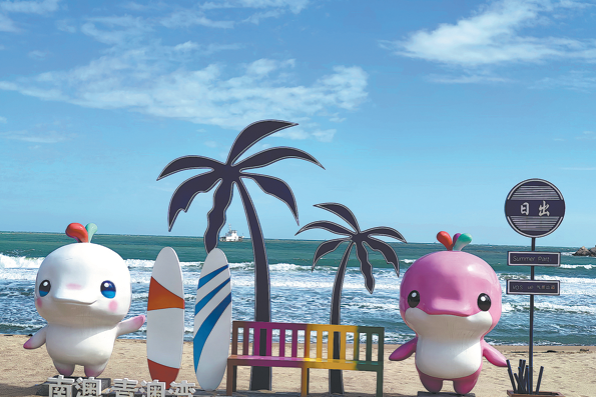Throng of fans on Macao commute keeps the loneliness at bay

This marks my third time covering a major multisports gala this year, following the Harbin Asian Winter Games in February and the Chengdu World Games in August.
I'll admit, I felt a tinge of anxiety before this one.
This edition of the National Games is the largest ever, hosted across 19 cities throughout the Guangdong-Hong Kong-Macao Greater Bay Area. That meant I had to plan all my logistics — travel and accommodation — on my own, navigating between different GBA cities independently, without dedicated intercity shuttle services.
My beat included everything from road cycling and table tennis, to tennis and surfing. After weighing my options, I decided to set up my base in the Guangdong-Macao In-Depth Cooperation Zone in Hengqin, Zhuhai — the wisdom of which will become clear.
It was my first time in Hengqin, and I was pleasantly surprised by how seamless the commute to Macao via the Hengqin Port turned out to be.
A typical day went like this: I'd spend the daytime covering matches at the Hengqin International Tennis Center, where stars like Zhang Zhizhen, Wu Yibing, Shang Juncheng and Wang Xinyu were competing.
In the evenings, I'd zip along the zone's dedicated bike paths to Hengqin Port, smoothly clear the immigration checks and reach Macao's Galaxy Arena for the table tennis competition in about 40 minutes total — a commute that was far quicker than I'd ever anticipated.
During the Games, the special administrative region hosted five sports, including table tennis, 3x3 basketball and karate. In total, 479 matches were held, awarding 22 gold medals among 74 overall. According to the organizing committee, the events drew more than two million spectators and tourists to Macao.
This statistic felt tangible during late-night metro rides to the border, where carriages were filled with fans discussing the day's basketball and table tennis highlights.
On Nov 16th, the day scheduled to crown the table tennis singles champions, the women's final extended late into the night.
When I reached the border after the post-final news conference, the immigration hall remained brightly illuminated with event banners, processing long queues of spectators with remarkable efficiency, even after midnight.
The recently launched smart lanes, equipped with facial recognition, further streamlined the process.
Between Nov 6 and 20, Hengqin Port recorded 1.54 million passenger crossings, with a daily average of approximately 102,700, in addition to over 167,200 vehicle trips.
On Nov 20th, after the men's team table tennis final news conference, I joined the crowds of spectators on Macao's metro returning to Hengqin Port.
Looking back over the past two weeks, despite traveling solo across cities, I never felt isolated.
Instead, I found myself carried along by the shared passion for sports that filled metro carriages, arenas and immigration halls, while benefiting from the seamless connectivity between Hengqin and Macao.
Standing in the plaza before the port, I noticed a countdown board marking the Games' conclusion the following day. As the evening chill set in, I drew my jacket tighter.
"This summer has officially ended for me," I thought.
Most Popular
- Throng of fans on Macao commute keeps the loneliness at bay
- Federer elected to Hall of Fame in first year of eligibility
- Duo's dominance defines 2025
- Shanghai's Towerrunning challenge sees record participation
- HK powers the nation's equestrian development
- Cities in Guangdong vow to boost sports legacy






























